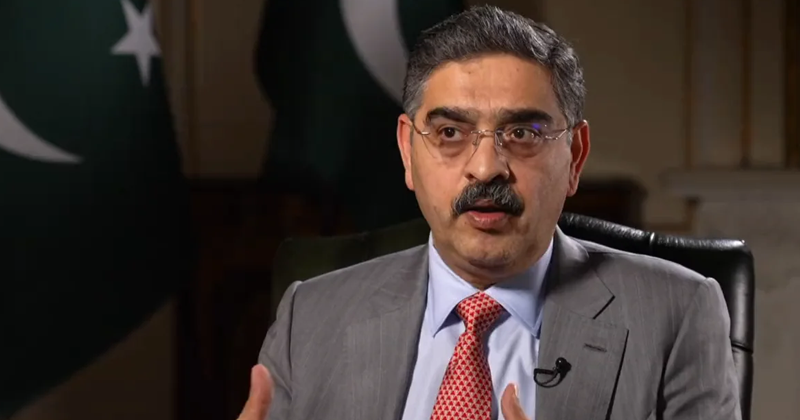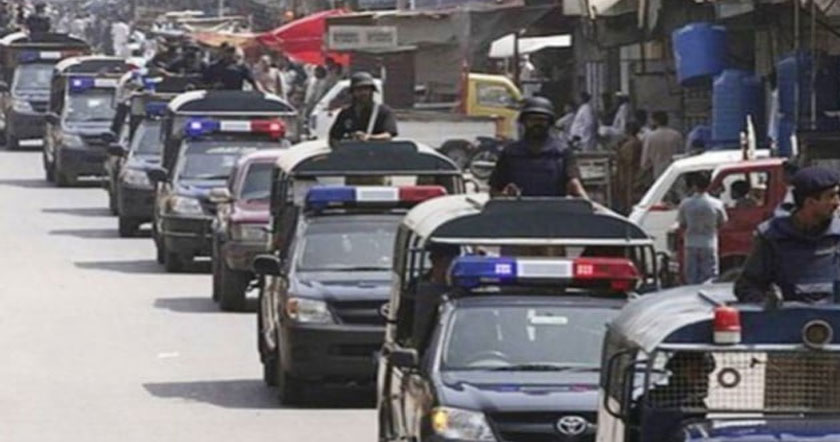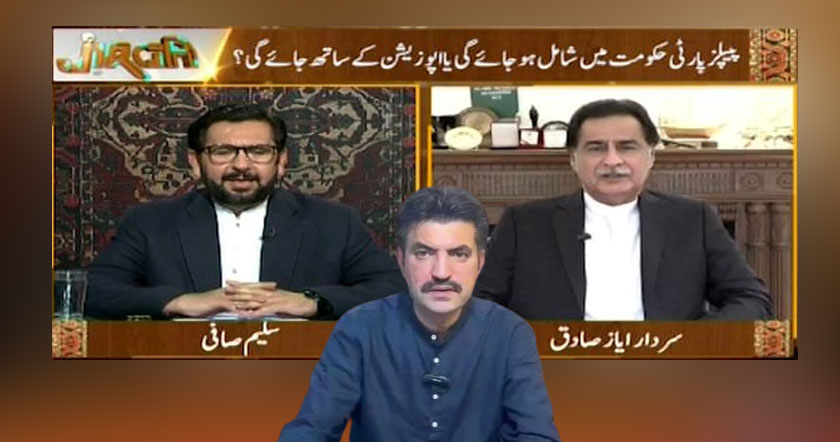
over growing power chaos
By Syed Fazl-e-Haider Jul 8, 2011
KARACHI - Public anger is growing at the Pakistan government's failure to ensure adequate power supplies for industrial and private use, with two people killed and more than 30 wounded by police this week when a crowd of about 8,000 marched towards Chashma Nuclear Power Plant in Mianwali, Punjab province.
Power cuts were also a factor in protests in the industrial center of Karachi this week that have left at least 35 people dead. Karachi is facing 10 hours of power outages a day, severely damaging industrial output and undermining economic growth. The shortages of electricity and gas have forced hundreds of units to shut down in the textile district of Faisalabad, in Punjab
province. The textile industry accounts for 60% of export revenue.
"Almost 800 units of a total of around 2,000 factories in Punjab province have closed down and many more are likely to be shut," Sheikh Abdul Qayyum, former head of the Faisalabad chamber of commerce, said this week, Agence France-Presse reported. "Around 500,000 workers lost their jobs in the province - about 100,000 in Faisalabad alone due to the closure of the factories."
A 40% cut in generation late last month forced the Pakistan Electric Power Company to carry out eight to 10 hours of load-shedding in urban areas and 12 to 14 hours in rural areas.
The government last week acknowledged that power cuts would continue for at least another seven years. Critics point to a lack of political will, bad governance and administrative inabilities on the part of the government as reasons for the deepening crisis.
The government, with no long-term plan to overcome the severe energy shortages, simply manages the shortages by cutting supply for hours at a time to industrial and domestic users. This week's fatal march in Mianwali was called by a local rights group, Tehrik Huqooq Mianwali, to demand the district be exempted from power outages as it needs just 100 (megawatt) MW of power while Chashma's three nuclear power plants produce about 1,000MW, Dawn newspaper reported.
A week earlier, protests were held across Khyber-Pakhtunkhwa province, including the provincial capital Peshawar, against excessive power loadshedding.
The country faced a total shortfall of 7,739 MW of electricity in the peak summer month of June, while the overall shortfall in the gas supply to industry is around 400 million cubic feet per day.
The government, in a bid to partially ameliorate the electricity shortages, plans to divert to power producers gas that would go to stations selling compressed natural gas for trucks and cars.
Among factors for the present shortages is a failure by past governments to anticipate growth in demand while delaying power and dam projects that would have boosted output. The economy grew an average of 7% a year under the 2002-2007 government of prime minister Shaukat Aziz and president Pervez Musharraf.
Growth has since declined to 2.4% in the fiscal year that ended last month, from 3.8% in the 12 months to June 2010. Even so, the energy crisis has worsened over the past three years, due to continuing poor investment, rampant theft as electricity prices rise, and a problem with circular corporate debt that has debilitated the production capacity of power generation companies and refineries.
Power distribution companies estimate that they suffer line losses to theft of up to 30-40%. The government aggravates the problem by forcing state-owned energy companies to pay dividends to fill its budget gaps rather than allowing them to reinvest profits into expanding energy production.
Debts mount due to non-payment by customers (including the government) and non-payment of government subsidies to producers and generators. The resulting outstanding private and public debt is about 3% of gross domestic product. The debt burden in turn prevents producers from purchasing sufficient fuel to operate at full capacity.
Independent power producers (IPPs) have started to take legal and financial steps to force the government to make payments against the electricity it has purchased. The government is committed to make payments less than 10 days after the IPPs present a final notice, or its sovereign guarantees will be encashed by the banks.
The government this year has raised power tariffs to accommodate conditions linked to a 2008 International Monetary Fund (IMF) bailout agreement, but they are still about 20% less than the cost of power.
Restructuring the power sector, and reducing subsidies, will be contentious issues when the government tries next month to restart IMF bailout payments, which were suspended last year when Islamabad failed to meet loan conditions and spending targets. The government spent 342 billion rupees (US$4 billion) on subsidies to the power sector in the 12 months to June 30, more than the total federal development spending of 280 billion rupees in the same period.
The country lacks a fully deregulated chain from power generation to transmission and distribution, and in the absence of a suitable regulatory framework where private and public power producers could compete on an equal footing international financial institutions are reluctant to provide loans or support investments.
Completion of a gas pipeline from Iran would help to generate around 5,000 MW of electricity, which is equivalent to the present peak shortage of power in the country. But while an export contract was signed between the two countries last year to supply Pakistan with natural gas from 2014, the United States is opposed to the plan.
http://www.atimes.com/atimes/South_Asia/







































